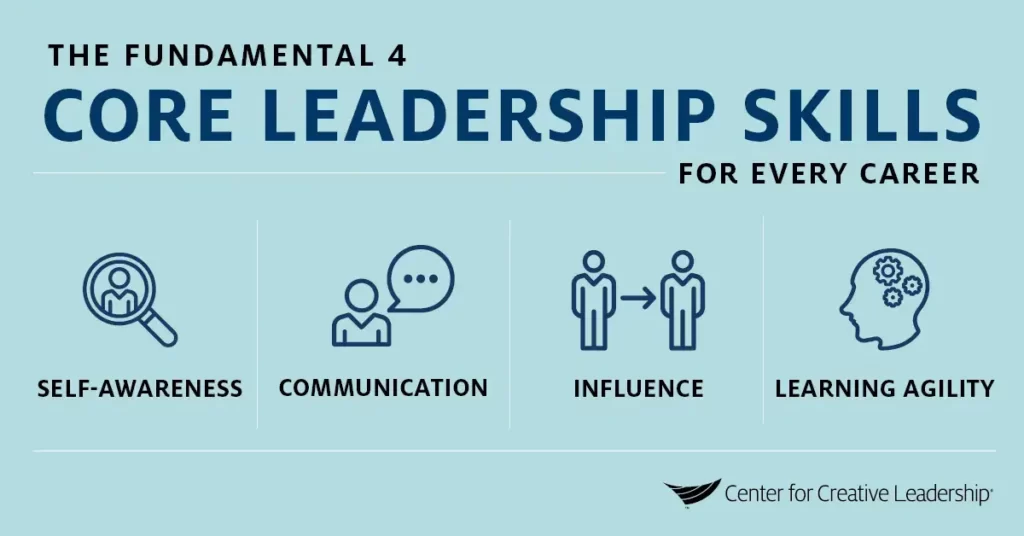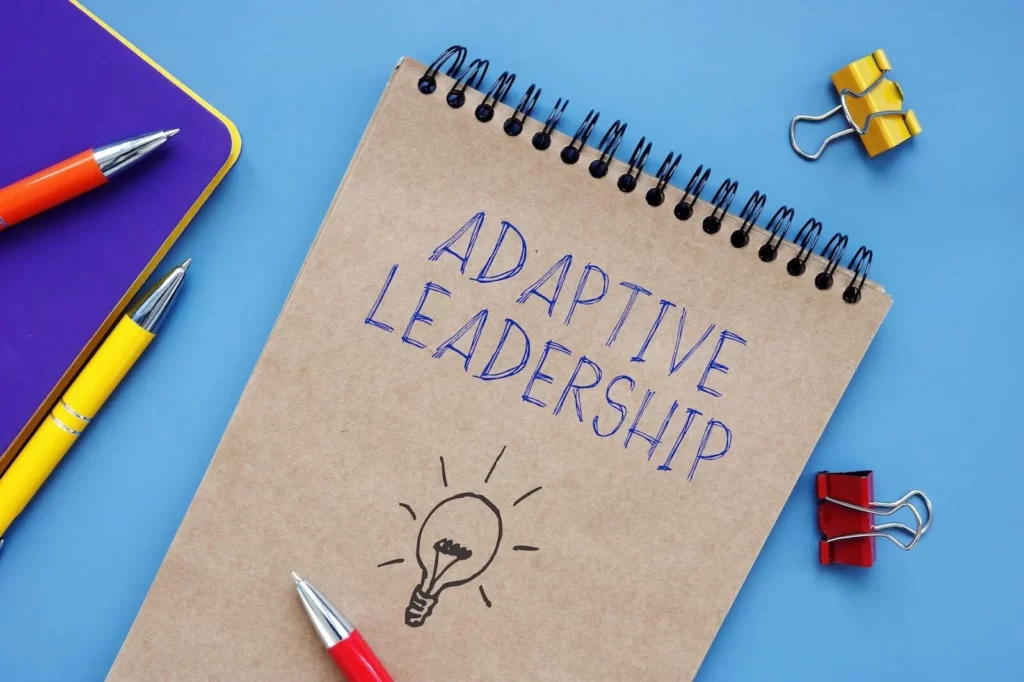Effective Leadership is not just a position; it’s an art form that requires a delicate blend of skills, traits, and emotional intelligence. In this comprehensive exploration, we delve into the art of effective leadership, dissecting the key components that inspire teams to reach new heights of success.
The Essence of Leadership
Defining Leadership
Effective leadership is more than just giving orders; it involves inspiring and influencing individuals to achieve common goals. Leaders serve as visionaries, motivators, and guides, steering their teams toward success with a combination of strategy, empathy, and decisiveness.
Leadership vs. Management
While management involves overseeing processes and tasks, leadership is about inspiring people. Distinguishing between these roles is crucial for understanding how to balance the demands of both and foster a harmonious work environment.
The Core Qualities of an Effective Leader

Vision and Strategic Thinking
A visionary leader is one who can see beyond the immediate tasks, envisioning a future that motivates and excites the team. Strategic thinking involves planning and executing steps that align with the overall vision, ensuring long-term success.
Emotional Intelligence
Emotional intelligence is the ability to understand and manage one’s emotions and those of others. Leaders with high emotional intelligence can navigate interpersonal dynamics, build strong relationships, and create a positive workplace culture.
Decisiveness
In a fast-paced business environment, indecision can lead to stagnation. Effective leaders make decisions promptly, weighing the available information and trusting their judgment. Decisiveness instills confidence in the team and keeps projects moving forward.
Inspiring and Motivating Teams
Leading by Example
Actions speak louder than words. Leaders who exemplify the values, work ethic, and dedication they expect from their teams foster a culture of accountability and commitment.
Effective Communication
Clear and open communication is the cornerstone of effective leadership. Leaders must convey their vision, expectations, and feedback in a way that resonates with team members. Active listening is equally vital, ensuring that everyone feels heard and valued.
Motivational Techniques
Understanding the diverse motivations of team members is key to unlocking their full potential. Effective leaders employ a range of motivational techniques, recognizing and rewarding achievements, providing opportunities for growth, and fostering a positive work environment.
Building Strong Team Dynamics
Team Collaboration
Leadership isn’t a solo endeavor; it’s about cultivating a sense of unity and collaboration. Encouraging open communication, promoting teamwork, and creating an inclusive environment fosters a collective spirit that propels the team toward shared goals.
Conflict Resolution
Conflicts are inevitable in any team setting, but effective leaders view them as opportunities for growth. Implementing conflict resolution strategies, facilitating open dialogues, and addressing issues promptly contribute to a healthier team dynamic.
Empowering Team Members
An effective leader empowers team members by delegating responsibilities, providing autonomy, and acknowledging individual strengths. Empowered team members feel a sense of ownership, leading to increased job satisfaction and productivity.
Adapting Leadership Styles

Situational Leadership
Recognizing that different situations require different approaches is a hallmark of effective leadership. Situational leadership involves adapting one’s style to suit the context, whether it’s providing guidance, support, or autonomy based on the team’s needs.
Transformational Leadership
Transformational leaders inspire change and innovation. By articulating a compelling vision, fostering creativity, and encouraging risk-taking, transformational leadership can elevate a team’s performance and drive organizational success.
Leading in Times of Change
Change Management
Leadership is tested during times of change. Effective leaders navigate change by communicating transparently, managing resistance, and guiding their teams through the uncertainty. Change management strategies ensure a smooth transition and sustained success.
Resilience and Adaptability
Resilient leaders remain steadfast in the face of adversity. Cultivating personal resilience and instilling an adaptable mindset in the team are vital for overcoming challenges and embracing opportunities for growth.
Developing Future Leaders
Mentorship and Coaching
Investing in the development of future leaders is a hallmark of effective leadership. Mentorship and coaching programs create a pipeline of talent, fostering a culture of continuous learning and leadership growth within the organization.
Succession Planning
Succession planning involves identifying and nurturing individuals with leadership potential. By strategically preparing for leadership transitions, organizations ensure stability and continuity, even as they evolve and grow.
The Role of Ethics in Leadership
Ethical Leadership
Leadership is not just about achieving results; it’s about doing so with integrity. Ethical leaders prioritize honesty, transparency, and fairness, setting a standard for ethical behavior that permeates the entire organization.
Corporate Social Responsibility (CSR)
In the modern business landscape, leaders are expected to consider the broader impact of their decisions. Integrating corporate social responsibility into leadership practices not only benefits society but also enhances the organization’s reputation and employee morale.
Effective Leadership Conclusion:
In the dynamic landscape of business, effective leadership is an art that requires constant refinement and adaptation. By embodying vision, cultivating core qualities, inspiring teams, building strong dynamics, adapting leadership styles, leading through change, developing future leaders, and upholding ethical standards, leaders can create an environment where success is not just achieved but sustained and nurtured. The art of effective leadership is a journey, and those who master it find themselves at the helm of teams that not only succeed but flourish in the face of challenges.

Crafting Narratives on Times Fork: Meet Timothy Forsberg, a prolific blogger on Times Fork, weaving captivating narratives across lifestyle, news, business, and various other niches. With an innate ability to distill complex subjects into engaging reads, Timothy’s blogs provide a unique blend of insights and perspectives. Join him on a journey through the diverse realms of modern living, where every post on Times Fork is a testament to Timothy’s passion for exploring the intricate tapestry of life. Contact via mail: [email protected]
